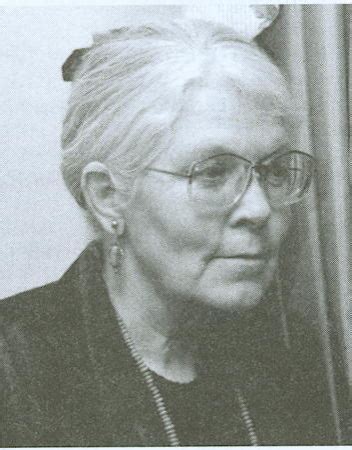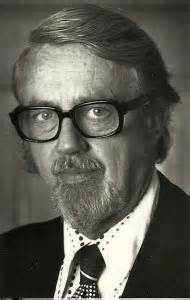A Quote by Marilyn Hacker
The ambiguities of language, both in terms of vocabulary and syntax, are fascinating: how important connotation is, what is lost and what is gained in the linguistic transition.
Quote Topics
Related Quotes
This (functional - E.W.) language controls by reducing the linguistic forms and symbols of reflection, abstraction, development, contradiction; by substituting images for concepts. It denies or absorbs the transcendent vocabulary; it does not search for but establishes and imposes truth and falsehood.
This is what happens when the discourse of publishing, defined and driven by spoken and written language, is talked about in exactly the same vocabulary and syntax as any widgetmaking industry. Books are reformulated as 'product' - like screwdrivers or flea-bombs or soap - and the majority of writers are perceived as typists with bad attitudes.
English general and singular terms, identity, quantification, and the whole bag of ontological tricks may be correlated with elements of the native language in any of various mutually incompatible ways, each compatible with all possible linguistic data, and none preferable to another save as favored by a rationalization of the native language that is simple and natural to us.
At least half of the popular fallacies about economics come from assuming that economic activity is a zero-sum game, in which what is gained by someone is lost by someone else. But transactions would not continue unless both sides gained, whether in international trade, employment, or renting an apartment.
Precisely constructed models for linguistic structure can play an important role, both negative and positive, in the process of discovery itself. By pushing a precise but inadequate formulation to an unacceptable conclusion, we can often expose the exact source of this inadequacy and, consequently, gain a deep understanding of the linguistic data. More positively, a formalized theory may automatically provide solutions for many problems other than those for which it was explicitly designed.






































